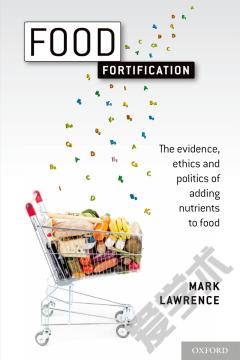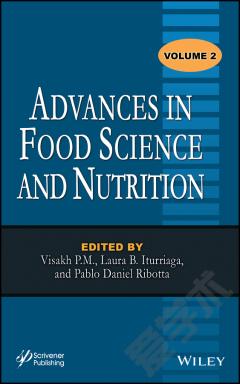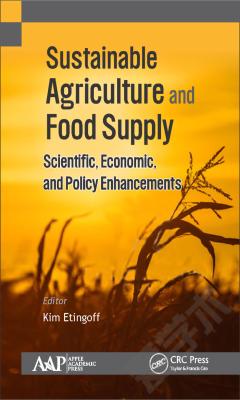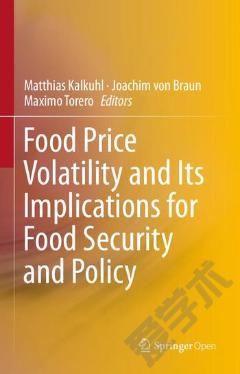Food Fortification —— The evidence, ethics, and politics of adding nutrients to food
----- 食物防御:为食物增加营养的证据,伦理,政治
This research book presents a critical analysis of mandatory food fortification as a technology for protecting and promoting public health. Increasing numbers of foods fortified with novel amounts and combinations of nutrients are being introduced into the food supplies of countries around the world to raise populationsâ nutrient intakes. Three topical food fortification case studies representing the different public health rationales for adding nutrients to food were assessed for their public health benefits, risks and ethical considerations: Universal salt iodisation (USI) to help prevent iodine deficiency disorders; mandatory flour fortification with folic acid (MFFFA) to help prevent neural tube defects; and mandatory milk fortification with vitamin D (MMFVD) to help prevent vitamin D deficiency. These assessments found that whereas USI performs strongly as a public health intervention, MFFFA and MMFVD are associated with more risks and less ethical justification than an alternative policy option. Food fortification can be a blunt policy response to complex policy problems. The findings highlight that the primary predictor of a mandatory food fortification policyâs benefits, risks and ethics is its ability to address the underlying cause of the policy problem. The analysis of the policy-making processes for each case study found that certain powerful actors use their influence to determine what counts as evidence in policy processes to privilege food fortification activities over alternative policy options. Policy-making frequently was notable for the low prominence it afforded ethical considerations and its lack of public engagement. Priority activities to help strengthen policy processes and outcomes are suggested.
{{comment.content}}








 京公网安备 11010802027623号
京公网安备 11010802027623号